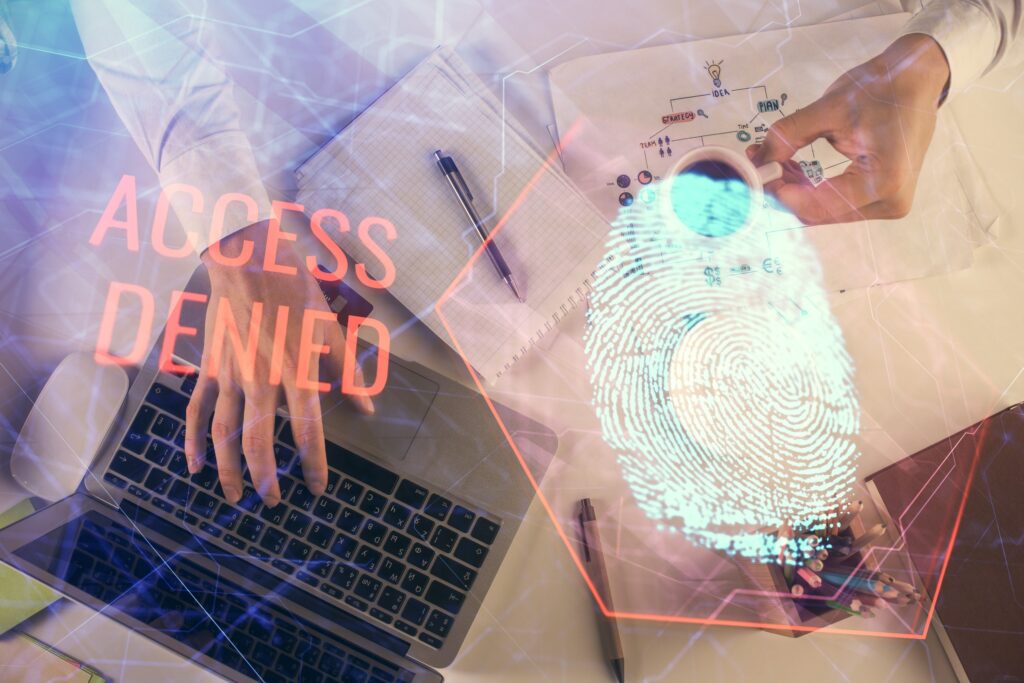
The world of cyber security is constantly evolving, and businesses need to be vigilant in their efforts to protect their assets. One of these efforts is to implement a zero trust model, which treats all users and devices as suspects by default, regardless of their location or privileges. In today’s interconnected world, it is becoming increasingly important that companies adopt a zero trust approach to protect themselves from cyber threats. This blog post will explore what zero trust is, the benefits it can offer, and how cyber security training for employees can help to successfully implement this model.
Understanding Zero Trust:
Zero trust is a security model that assumes that users, devices, and applications should not be trusted, whether they are internal or external to an organization’s network. This approach requires constant verification of all users and devices to make sure that they are who they claim to be and that they are only accessing resources that they are authorized to access. With zero trust, every access request is authenticated and authorized, and access controls are implemented based on various factors, including the user’s identity, device status, and network location.
Benefits of Zero Trust:
The benefits of implementing zero trust include better protection of your business’s data, improved visibility into network activity, better management of security risks, and a reduced attack surface. Adopting zero trust can also help to future-proof your business against new types of cyber attacks, as it is a dynamic model that can adapt to new threats as they emerge. By implementing zero trust, you are essentially creating a layered defense system that makes it more difficult for attackers to penetrate your network.
Cyber Security Training for Employees:
Implementing zero trust requires a cultural change within an organization, and training employees on cyber security best practices is an essential part of this change. Employees need to be trained on how to identify potential threats, how to report them, and how to execute security controls. This training should cover topics such as password management, phishing attacks, and how to avoid malicious websites. Businesses can also adopt gamification techniques to make training sessions more engaging and memorable.
Best Practices for Implementing Zero Trust:
Implementing zero trust is a continuous process and requires a combination of technology and best practices. Some of the best practices for successfully adopting zero trust include identifying critical assets and data, limiting user privileges or access, segmenting networks, enforcing strong authentication, using encryption, and monitoring network activity. It is also important to have a plan in place for responding to security incidents and to regularly review and adjust your security policies and controls.
Conclusion:
The zero trust security model is quickly becoming a necessity for businesses that want to protect their data and assets. Implementing zero trust in your business requires a combination of technology and best practices, and cyber security training for employees plays a critical role in this process. By adopting a zero trust approach, you can future-proof your business against new types of cyber attacks, mitigate security risks, and ensure the protection of your critical assets and data. By implementing a culture of security throughout your organization, employees become the first line of defense against cyber threats, making it harder for attackers to penetrate your network.
In conclusion, zero trust should be a top priority for businesses that want to stay protected against cyber attacks. By adopting the recommendations outlined in this blog post and by investing in cyber security training for employees, businesses can ensure that they are taking the necessary steps to stay ahead of the ever-changing cyber security landscape. Remember, cyber security is not a one-time event but rather an ongoing process that requires vigilance and dedication to stay ahead of potential threats.
Empower Your Healthcare Organization with Reinvent SAT : Elevating Security Awareness and Compliance
Reinvent LLC offers advanced solutions to strengthen security measures and protect patient data. Our Reinvent Security Awareness and Training (SAT) platform provides comprehensive, customized training through a specialized Learning Management System (LMS). With a focus on HIPAA compliance and cybersecurity, SAT equips your workforce with essential knowledge and skills, fostering a resilient security culture.
Call us at 502-501-5055, or email us at info@reinvent-hit.com or fill in the contact form here to get started.
